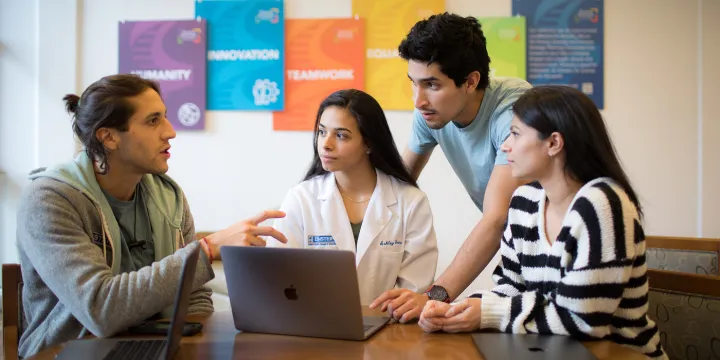Building upon our Bronx roots, our mission is to improve the health of the people and communities we serve through compassionate, patient-centered care, scientific discovery, humanistic education, and community engagement.
News
Contact Us
Department of Medicine
Albert Einstein College of Medicine
Jack and Pearl Resnick Campus
Belfer Building - Room 1008
1300 Morris Park Avenue
Bronx, NY 10461
Physicians and Patients
866-MED-TALK (866-633-8255)
Internal Medicine Residency Program
718-920-6097
Administrative Questions
718-430-2591








